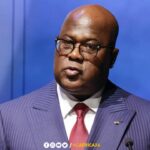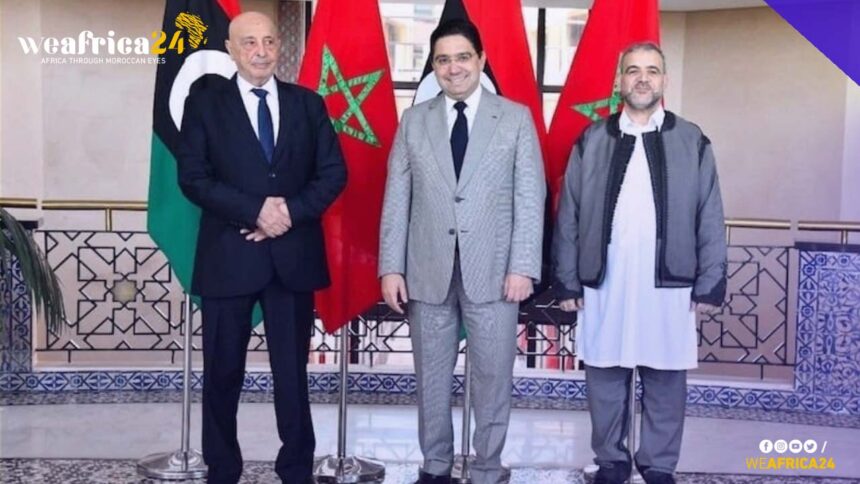The Joint Committee appointed by the Libyan House of Representatives and the High Council of State (6+6) announced the agreement on the electoral laws for the upcoming presidential and parliamentary elections by the end of the current year. The announcement was made after approximately two weeks of meetings held in Bouznika, Morocco.
During the concluding session of the committee’s work, Jalal Al-Shuwehdi, a member of the Libyan House of Representatives, stated that the members of the 6+6 committee reached a consensus on the presidential and parliamentary election laws in Libya. He mentioned that in the coming days, the final agreement regarding these laws would be decided in the presence of the heads of the House of Representatives and the High Council of State.
Al-Shuwehdi highly praised the role played by Morocco in facilitating successful dialogue and achieving consensus on the mentioned electoral laws. He emphasized that the committee had not faced any external pressure or interference as all discussions took place internally within the committee.
Omar Abulifa, a member of the High Council of State, confirmed that the committee members had reached an agreement on all the points of disagreement regarding the election law. He explained that two laws were drafted, one concerning the elections for the National Assembly composed of two chambers (the House of Representatives and the Senate), while the other law focused on the presidential election.
Abulifa stressed that only the official issuance of the laws by the House of Representatives remained, as prescribed in the 13th amendment of the constitutional declaration, to commence the elections.
The member of the High Council of State highlighted that the agreements on the outstanding issues were reached “with complete consensus, free and conscious will, and without any external interference.”
The meeting in Bouznika follows a series of gatherings in Morocco that brought together various Libyan parties to deepen discussions on effective ways to resolve the crisis in the country through a framework that provides the appropriate space for dialogue and constructive consultation.
These meetings have resulted in significant agreements, including the Skhirat Agreement (2015), and the agreement between the President of the Libyan House of Representatives, Aguila Saleh, and the President of the High Council of State, Khaled Al-Mashri, in October 2022, regarding the implementation of the Bouznika track’s outcomes concerning sovereign positions and the unification of the executive authority.
Morocco believes that the issue of legitimacy in Libya can only be resolved through presidential and parliamentary elections, through which the Libyan people will choose those who will hold political authority in their country.







